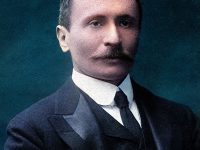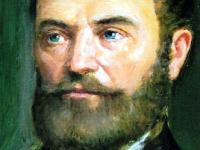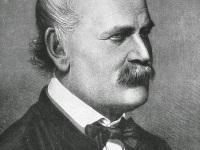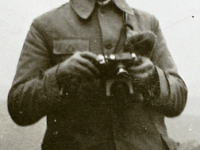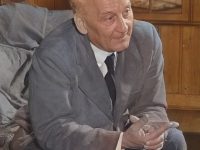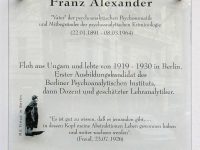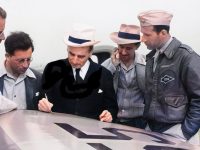The Holographic World of Dennis Gabor
On June 5, 1900, Hungarian-British electrical engineer and physicist Dennis Gabor was born. He is probably best known for inventing holography, for which he later received the 1971 Nobel Prize in Physics. Holography is a system of lensless, three-dimensional photography that has many applications today. Gabor also did research on high-speed oscilloscopes, communication theory, physical optics, and television. Overall, he held more than 100 patents. “Incomplete knowledge of the future, and also of…
Read more



